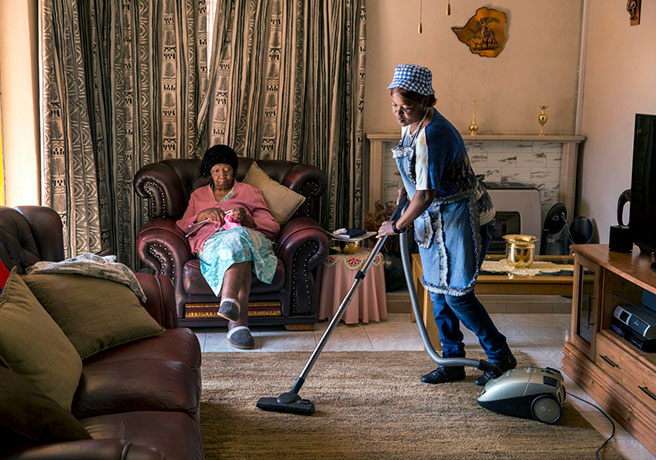Under the Roof – Foreign Domestic Helpers and Dynamics of Power in Host Families
In many parts of the world, foreign domestic helpers play a crucial role in maintaining households, providing care for children, elderly family members, and managing household chores. However, the relationship between these helpers and their host families often involves complex dynamics of power. Understanding these dynamics is essential to address issues of exploitation, abuse, and inequality within the context of domestic work. Foreign domestic helpers, often migrant women from economically disadvantaged backgrounds, enter into employment contracts with host families in countries where they work. These contracts outline their duties, working hours, compensation, and living arrangements. Despite these agreements, power imbalances often emerge due to various factors such as language barriers, cultural differences, and economic dependency. One significant aspect of power dynamics in host families is the asymmetry of authority. While employers hold legal and financial power, domestic helpers possess intimate knowledge of household routines and may wield influence through their caregiving roles. This dynamic creates a delicate balance where both parties rely on each other yet may exploit or manipulate their positions.

Furthermore, cultural norms and stereotypes contribute to the perpetuation of power differentials. Host families may view domestic helpers as subordinate, reinforcing hierarchies based on nationality, ethnicity, or socio-economic status. These perceptions can lead to the devaluation of domestic work and the marginalization of helpers within the household. Gender also plays a crucial role in shaping power dynamics. The majority of domestic helpers are women, and their gender often intersects with other identities such as race and nationality, exacerbating vulnerabilities. This gendered division of labor can result in the exploitation of female workers, who are expected to perform both caregiving and domestic duties without adequate recognition or compensation. Many helpers reside in their employers’ homes, blurring the boundaries between work and personal life. This lack of privacy and autonomy can leave them vulnerable to exploitation, harassment, and abuse, with limited avenues for recourse. Addressing power imbalances in the relationship between domestic helpers and host families requires a multi-faceted approach. Legal protections must be strengthened to safeguard the rights of domestic workers, including fair wages, reasonable working hours, and access to social services.
Additionally, awareness-raising campaigns are essential to challenge stereotypes and promote mutual respect between employers and helpers. Empowering domestic helpers through education and training programs can also enhance their agency and bargaining power within the household. By equipping them with skills and resources, they can assert their rights, negotiate better working conditions, and advocate for themselves more effectively. Furthermore, fostering dialogue and collaboration between employers, domestic helpers, and relevant stakeholders is crucial for fostering a more equitable and respectful environment within host families. Recognizing the contributions of domestic helpers as essential members of the household can help cultivate a culture of appreciation and solidarity. The dynamics of power within host families involving foreign domestic helpers are complex and multifaceted. Addressing these power imbalances requires concerted efforts from policymakers, employers, domestic helpers, and civil society to uphold the rights and dignity of all individuals involved in domestic work. By fostering mutual respect, understanding, and empowerment, 外傭工資 can create environments where everyone can thrive under the same roof.

